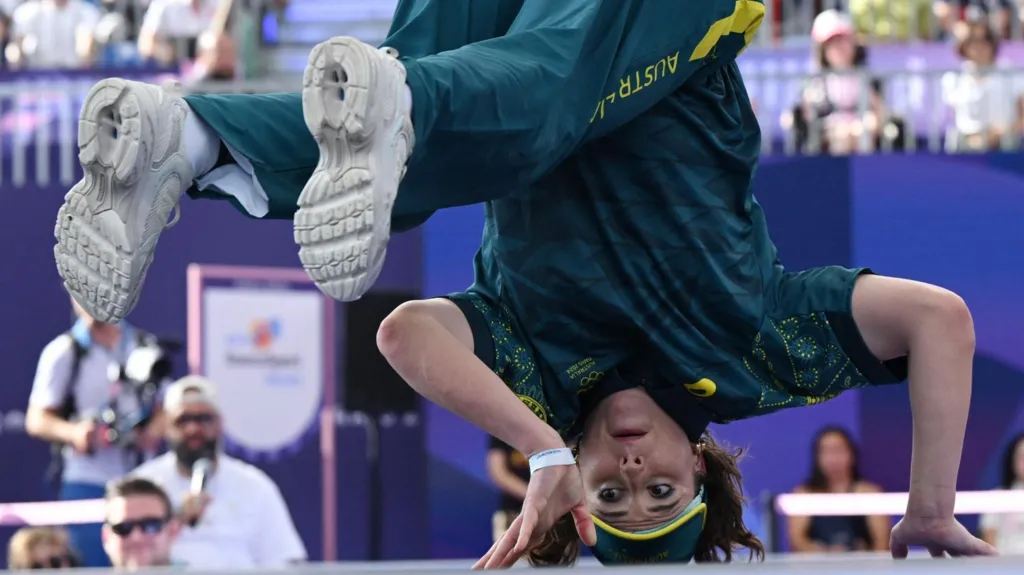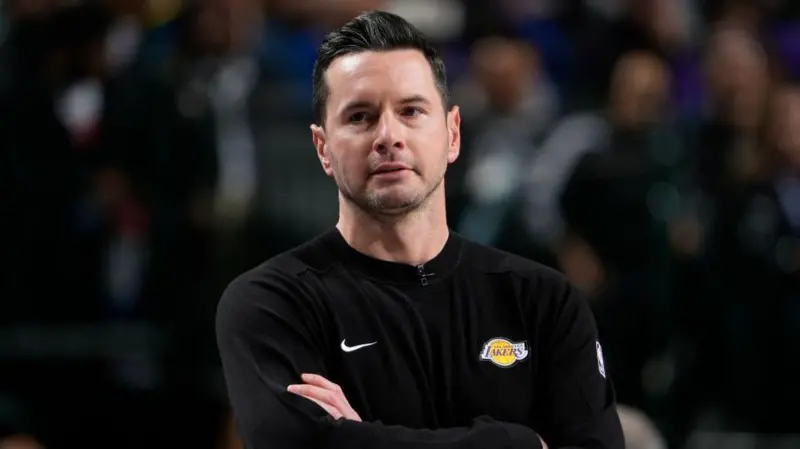Raygun apologises to Australian breakdancing community

Australian Olympian Rachael Gunn has apologised to the nation’s breakdancing community for the “backlash” they have experienced following her controversial routine in Paris, which made headlines globally.
Gunn, who competes as Raygun, was eliminated from the B-Girls competition with a score of zero, prompting ridicule and praise for her unorthodox style by users across social media.
In her first sit-down interview since taking part in the Games - and amid questions over her qualification and performance - Gunn was asked if she genuinely thought she was Australia’s best female breakdancer.
“I think my record speaks to that,” she told Network 10's The Project.
How Raygun made it to the Olympics and divided breaking world
“It is really sad to hear those criticisms and I am very sorry for the backlash that the community has experienced, but I can’t control how people react,” she continued, addressing the flood of critiques her routine has garnered online.
The 36-year-old university lecturer lost all three of her Olympic battles, with her green tracksuit and eccentric performance – which included the sprinkler move and kangaroo-inspired hopping – generating a sea of memes.
In the aftermath of her performance, Gunn faced accusations that she had manipulated the selection process, including allegations that she had set up her own governing body and that her husband had judged her qualification trial.
These claims have since been denounced as false by several organisations, including the Australian Olympic Committee (AOC) and the World DanceSport Federation (WDSF).
"The conspiracy theories were just awful," Gunn told Network 10.
"I was the top-ranked Australian B-girl in 2020 and 2022 and 2023. I have been invited to represent at how many World Championships... So, the record is there. But anything can happen in a battle," she added.
Gunn, who has a background as a jazz, tap and ballroom dancer, had publicly defended her routine as “artistic and creative”.
“I was never going to beat these girls on what they do best, the dynamic and the power moves, so I wanted to move differently,” she said last month.
The top judge who oversaw the B-Girls competition has also thrown his weight behind Gunn, as have team officials and the broader Olympic breakdancing community.
But the fallout has divided and disappointed those involved in the sport in Australia.
“It made a mockery of the Australian scene and I think that's why a lot of us are hurting,” Australian hip-hop pioneer Spice previously told the BBC.
A hip-hop inspired dance born in the boroughs of New York in the 1970s, breaking was introduced into this year's Olympic schedule to attract a younger audience to the Games.
But some critics say it should never have been included, due to the organic nature of the genre, which doesn't necessarily suit organised competition.
After her performance in Paris, Gunn appealed to the media directly in a video posted on her Instagram to stop “harassing” her family and friends.
In her interview with Network 10, she described being chased by reporters in the aftermath of the fallout as “really wild”.
“That really did put me in a state of panic... Dancing was my medicine, and then it turned into my source of stress," she said.
Gunn admitted that she is "not in a place yet" to watch her performance back, but was touched by the support she has received from her fellow Olympians at the Closing Ceremony as well as from some of the general public.
"It so warmed my heart," she said. "I would rather much focus on the positives out of this and the joy that I've brought people."
Source: BBC
























































